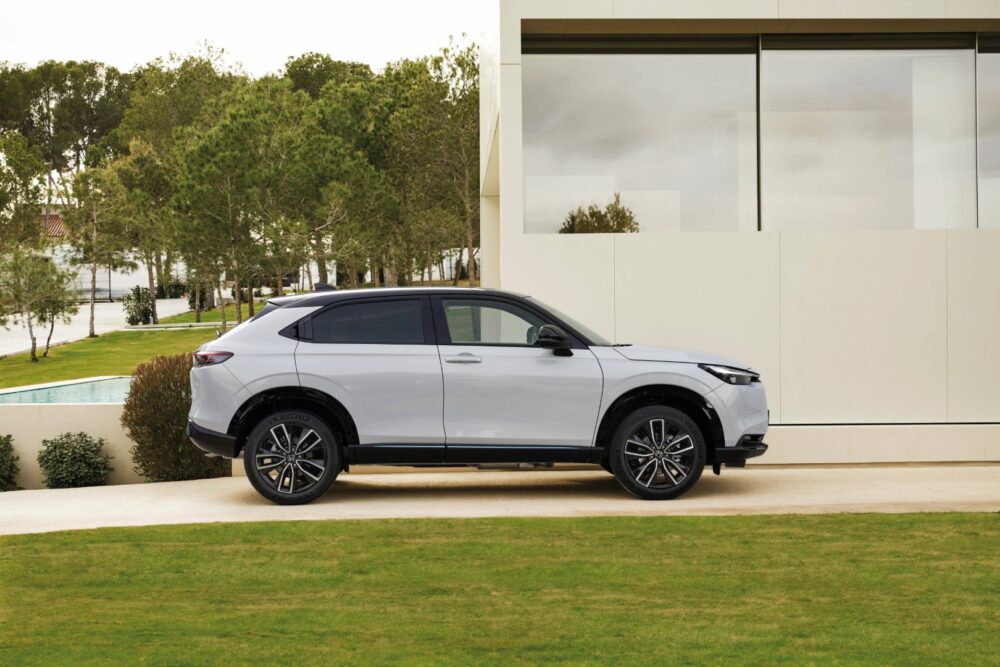Mobility Monitor: This is what the Swiss think
FACTS & FIGURES Energy-efficient drive systems are gaining acceptance according to the Mobility Monitor from auto-schweiz. 72 percent of respondents can now imagine buying such a vehicle. The Mobility Monitor conducted by auto-schweiz in collaboration with the gfs.bern research institute regularly takes the pulse of car and mobility issues in Switzerland. Not a new finding, but [...]

The Mobility Monitor conducted by auto-schweiz in collaboration with the gfs.bern research institute regularly takes the pulse of car and mobility issues in Switzerland. This is not a new finding, but it confirms the trend: energy-efficient drive systems are steadily gaining acceptance; 72 percent of those surveyed can now imagine buying such a vehicle. Models with combined combustion engines and electric motors are still the most attractive.
Purely electrically powered cars are still too expensive
Only five percent want to buy a purely electric vehicle within the next two years, while 41 percent want to wait the next five to ten years (!), primarily because electric cars are considered expensive. The still short range of many electric models also plays a role in this consideration. By contrast, only 45% can still imagine buying a diesel - although, unlike in Germany, driving bans are not under discussion in Switzerland.
More environmentally friendly engines solve climate problems
Motorized private transport is viewed more positively overall than in the 2015 Mobility Monitor: 36% see more advantages than disadvantages and 77% believe that the automotive industry can continue to contribute to solving the climate problem with more environmentally friendly engines.
Giving up the car is only an option for a quarter
This increasingly critical attitude also has to do with the fact that congestion is a problem for 55% of respondents. What is remarkable in this context, however, is the fact that car-sharing models are less popular than in the 2015 survey. Nevertheless, giving up the car is only an option for a quarter of those surveyed; in 2015, the situation was very different at one third.









